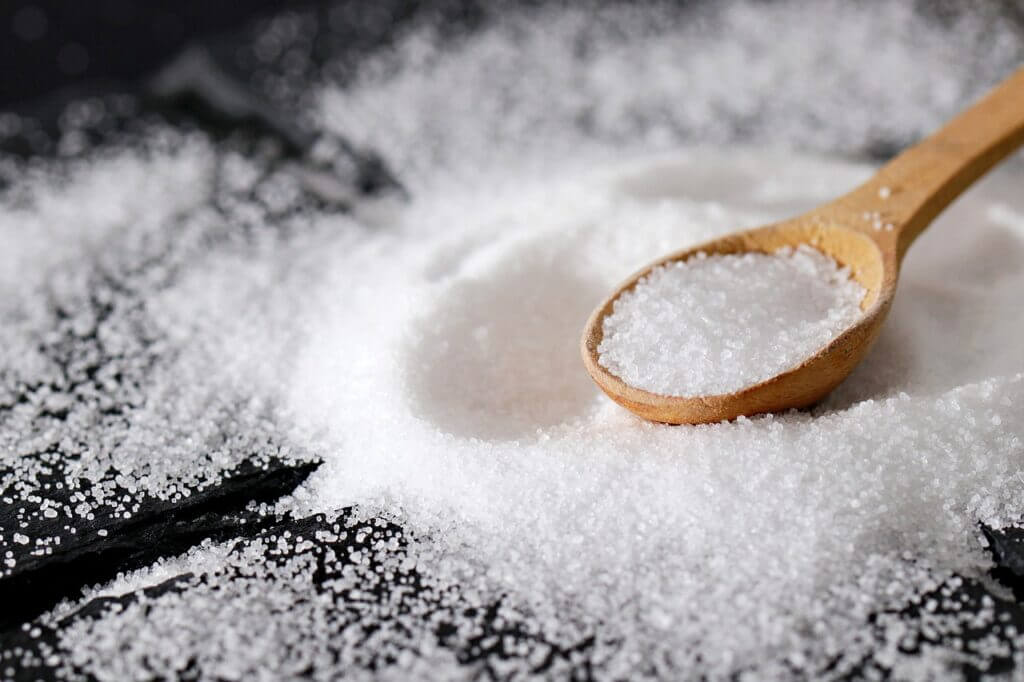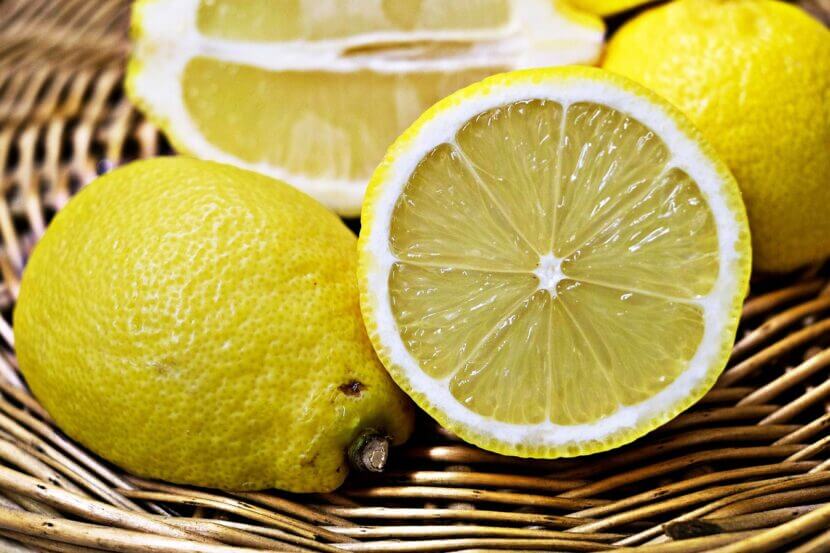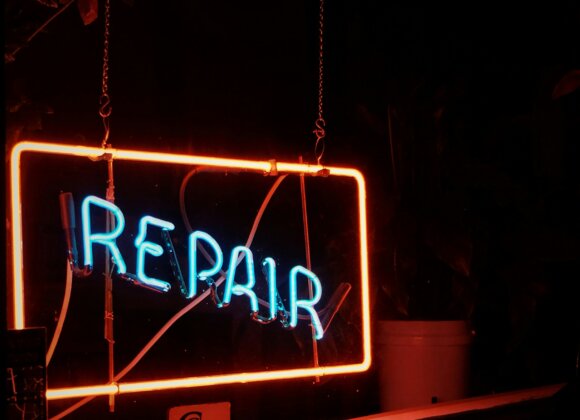Removing stains: the best 7 household remedies
Red wine, grass, coffee, grease, tomatoes, but also ballpoint pens, blood and make-up leave ugly stains on clothing, sofas and carpets. You don’t necessarily have to use chemicals to remove them – household remedies also work well. If you want to get to grips with unloved stains, there are two things you should always bear in mind: The fresher the stain is, the easier it is to remove. And: Always test the home remedy on a hidden area first to avoid any nasty surprises. This is especially true for delicate or colorful fabrics. This is because some household remedies such as vinegar, baking soda or lemons have a slight bleaching effect. But first things first – here are our top 7:
Gall soap – removes stubborn stains
Generations of housewives have relied on gall soap as a secret weapon against unloved stains on clothes, carpets or mattresses. The natural household remedy, which consists of curd soap and bovine bile, is available in both solid and liquid form. The soap not only removes almost all stubborn stains from grease to fruit, blood, grass, ink, red wine or ballpoint pen stains, it is also compatible with allergy sufferers and environmentally friendly. For direct application, the stain is thoroughly moistened and then rubbed with gall soap, which is then left to take effect. The garment is then washed as usual. According to “Die Umweltberatung”, liquid gall soap can also be added to the main wash cycle (at 30 to 60 °C) as a wash booster (about 20 to 30 milliliters).
Baking soda – help with coffee, tea and blood stains
If you don’t have any gall soap to hand, you can also use baking soda to remove stains from fabrics. Coffee and tea stains in particular, as well as dried blood stains, are usually beaten by the white powder. To do this, mix a paste of two teaspoons of baking soda and warm water and rub it into the stain. After the soaking time (15-30 minutes), the paste is rinsed out and the washing machine goes into action. Baking soda also helps against discoloration and unpleasant odors in textiles of all kinds.
Baking soda – removes grease stains
If grease or red wine ends up on clothing or tablecloths, baking soda can help: Sprinkle this on the fresh stains, leave to work in, then it’s “off to the washing machine” again. If the stains, for example from coffee, blood or tomatoes, have already dried, a paste is also mixed from baking soda and water and applied. After the exposure time, the mixture is washed out. Sweat marks can also be removed in this way. But beware: baking soda has a slightly bleaching effect!
Salt – the number 1 for red wine stains
This has gained a good reputation, particularly in the fight against red wine stains. As soon as this has been spilled, salt should be sprinkled on the stain that has formed. Dried blood stains can also be removed with salt. To do this, the garment is soaked overnight in a salt bath consisting of five tablespoons of salt and one liter of water. In the morning it is rinsed out first and then goes into the washing machine.

Vinegar – cleans fruit and grass stains
If you want to get rid of stains from berries, carrots, spinach, tea, coffee or grass, you can also use white vinegar (approx. five percent acetic acid). Drizzle the vinegar onto the stain, rub in gently and leave to act briefly, then rinse. Caution: Vinegar can also bleach fabrics!
Lemon – doesn’t give ballpoint pen stains a chance
Ballpoint pen stains usually give in to the tropical fruit, as the citric acid dissolves the dyes from the fibers. However, lemons are also suitable for removing coffee, red wine, blood or grass stains. The same applies here: citric acid has a bleaching effect!
Mineral water – against juice, coffee and red wine stains
If red wine, juice or coffee has just spread on the garment, mineral water also works well. Moisten the affected area, leave to act and dab off. The carbonic acid prevents the stain from settling in the fibers of the fabric.
Related posts:












